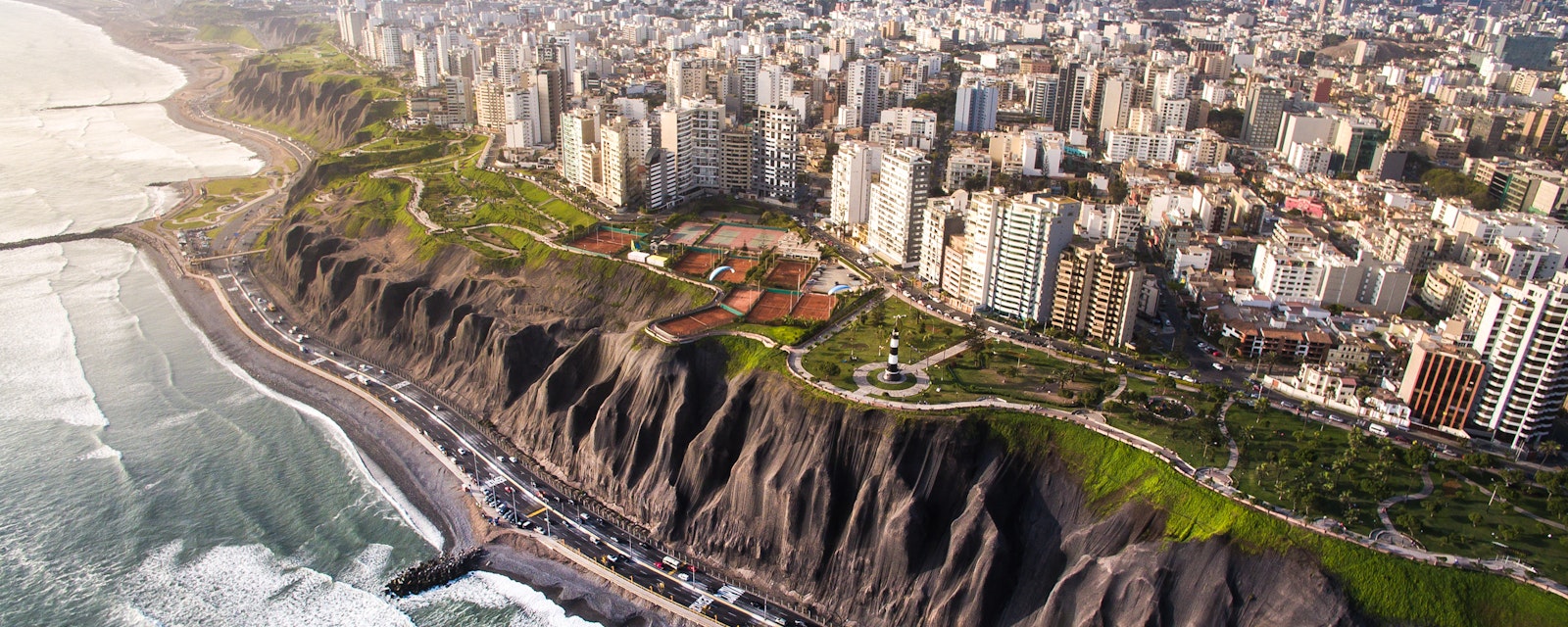This week, Gustavo Petro will be inaugurated as Colombia’s first left-wing president. One of Petro’s first measures will be to restore diplomatic relations with Venezuela. In Argentina, Sergio Massa takes the helm of economic policymaking. Meanwhile in Chile, a “plan B” in case the constitutional draft ends up being rejected should advance this week. Finally, another impeachment bid against Peru’s Pedro Castillo is brewing.
Colombia
Gustavo Petro will be inaugurated as president on 7 August. Since his election victory, Petro has largely eschewed the more radical positions that he adopted during the campaign, while appointing moderates to his cabinet. Petro’s pick for Finance Minister – Jose Antonio Ocampo – is the most obvious example. Whether this moderation endures, and how Petro reacts when adversity inevitably arrives, is the big question hanging over the new administration. Ocampo will immediately be put to the test politically as Petro’s flagship tax reform is set to be unveiled after the inauguration. Ocampo has been stressing the need to maintain macroeconomic stability and continue fiscal adjustments. Much of Petro’s policy program will depend on the success of the tax reform. Separately, Petro may also hope to move quickly on his efforts to bring the National Liberation Army (ELN) guerrilla group into peace talks as he seeks what he has ambitiously described as “total peace” in Colombia.
Colombia/Venezuela
Diplomatic relations between Colombia and Venezuela will be restored from 7 August. The rapprochement between the two neighbors, which share a 2,200km border, follows a meeting last week between Venezuelan Foreign Minister Carlos Farias and Petro’s minister-designate Alvaro Leyva in which it was agreed that the two countries would embark on the “gradual normalization” of relations. The rapprochement may well be cautious given the number of complex issues that beset relations. They include migration (there are some 2.5mn Venezuelans in Colombia); the Venezuelan regime’s human rights record; the future of opposition leader Juan Guaido, who is backed by outgoing President Ivan Duque; and plans for the troubled Colombia-based but Venezuelan-owned fertilizer producer Monomeros. The most pressing – and complicated – challenge will be border security given that the ELN and other illegal armed groups operate across both countries.
Argentina
New Economy Minister Sergio Massa will unveil the team that will accompany him today, 1 August, ahead of an announcement of at least some of his plans to stabilize the economy on 3 August. An immediate priority will be to ease recent exchange rate turbulence, which is likely to mean a focus on accumulating reserves as a means to lower expectations of an imminent devaluation. The so-called super-ministry should enable a more coordinated approach across the economy. Massa is also motivated to succeed as he looks to mount another presidential run in 2023. It is also true that Massa has the support of both President Alberto Fernandez and Vice-President Cristina Fernandez (CFK). However, that support may not be stable or enduring. Nor is there any evidence that CFK is seriously willing to implement major belt-tightening.
Chile
A bill that proposes lowering the bar to change the existing constitution from 2/3 to 4/7 – which passed in the Senate in July – goes to the lower house constitutional committee this week. The initiative is seen as helpful for the “no” or “reject” vote ahead of the 4 September referendum to ratify or reject the new draft constitution since it would create a route for constitutional change even if “no” wins. Most voters are in favor of some constitutional reform even if the draft produced over the last year ends up being rejected, so this bill could help convince centrist voters to reject the proposed draft. The main backers of the bill also want to introduce legislation that, in the event of a “no” result, would oblige the government to launch a new constitutional re-write process within 30 days of the September referendum. The latest Cadem poll puts support for the “no” vote at 48%, with the “yes” vote at 38%, and 14% of voters undecided.
Peru
Another impeachment initiative against President Pedro Castillo is in the offing, according to an opposition legislator. Edward Malaga claims that support for impeachment now stands at around 80 votes in Congress, just short of the 87 required to eject Castillo. The impeachment proposal apparently rests on various charges including influence-peddling, corruption, a cover-up attempt to hide corruption, and even Castillo’s plagiarism in his Master’s thesis. The grounds for impeachment have been clear for some time given that “moral incapacity” to govern can be easily attributed. The challenge remains the same as in previous impeachment votes: to secure enough support in Congress. However, even if Malaga’s claims are exaggerated, the political equation may be changing after Castillo’s former top advisor, Bruno Pacheco, recently handed himself into authorities after four months on the run. Pacheco is now cooperating with investigators looking into the various corruption cases involving Castillo.





